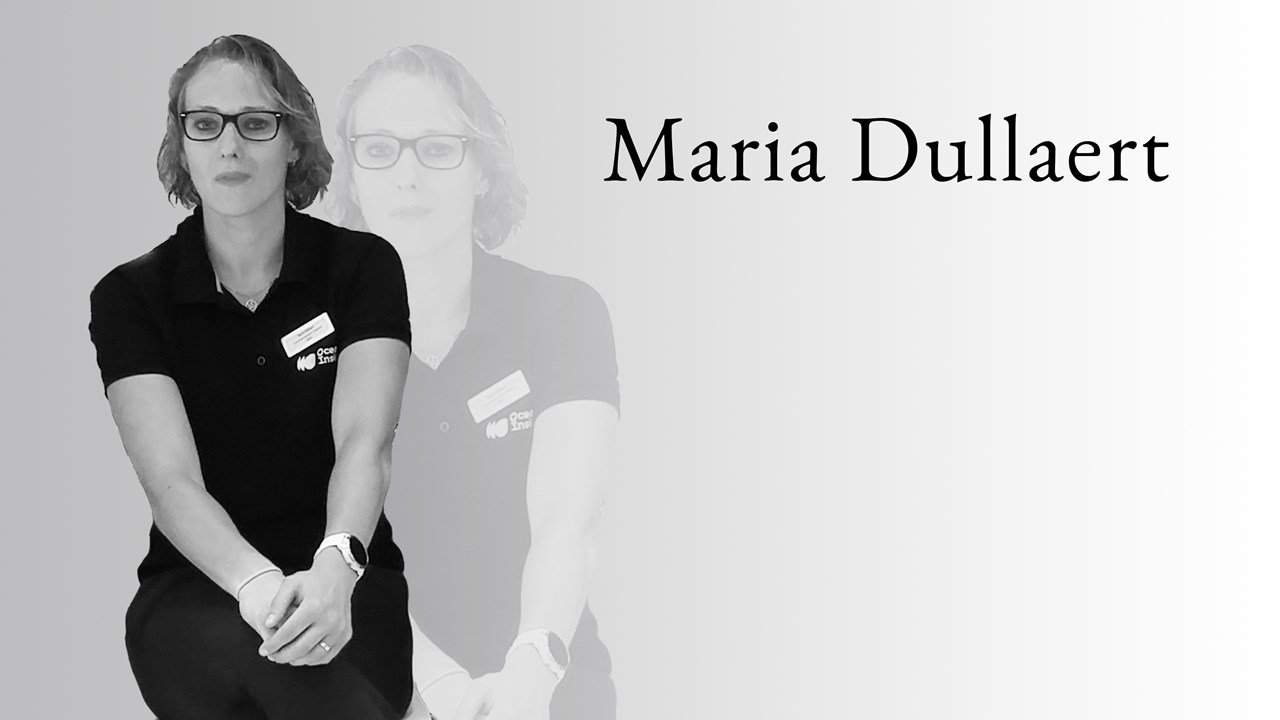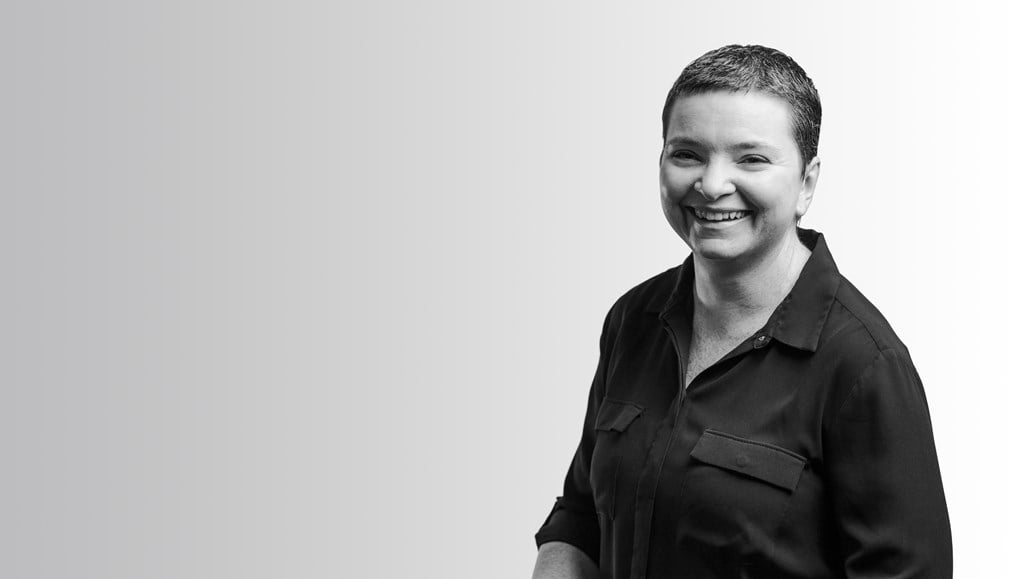Subscribe to Our Blog
Receive updates from our team as we share application notes, customer spotlights, educational tools, spectroscopy how-to’s, and more.

We are so fortunate to have a team member like Maria Dullaert, whose background is in biomedical engineering. Maria also worked in immunology and immunotherapeutic drugs for cancer patients.
Q: What is your professional background?
I studied biomedical engineering and worked in immunology and creating drugs for cancer patients. Before I was working at Ocean, I was working at a government laboratory to develop PCR automation inside those laboratories. It was a big laboratory, with 1 million people served, including three big hospitals. We did all the PCRs and molecular diagnostics for them, and finding new PCRs, new technologies, and new automation was my job.
Q: What do you do at Ocean Insight?
I’m helping the Lab Services Team a little bit from Europe, so not every test needs to be sent out to the U.S. I’m also a technical support and applications specialist. I give feedback to customers on how they can do or optimize their tests, what [Ocean] can mean for them, finding a solution for them. I’m working in teams, solutions and research.
I’m also the manager of the EMEA [Europe-Middle East-Africa region] Customer Service team – looking out for them, how we can improve our systems to make their work smoother, more efficient.
Q: What gets you up in the morning?
Coffee! My kids!
Q: How does spectroscopy make a difference in the world?
You look at spectroscopy and you can do so much with it, from something very small to very, very big things. We are capable of being a part of every industry. That’s one of the greatest things about working with Ocean. I admire that we can do that.
We have so many people inside this company who, together, have so much information. We carry out a message that you can always call us. We can think along and maybe add something in the applications. With almost everything, we can do it!
It’s an enabling technology.
Sometimes it’s a very old technology, but most of the time we are so inventive. I think sometimes people forget that we are really a part of making this world greener, safer, and better.
I think my biochemical teacher I had a long time ago is now very proud of me for saying something positive about spectroscopy. Back then it was not my expertise and not my happiest hours in the lab.
Q: Can you share about your volunteer work? And how did you get into it?
I’m a Red Cross volunteer for eight years already. I think if you can help people, and it delivers them a smile or relief or something like that, it can have a big impact even when you do something small. And that’s really one of the things that gets me up in the morning. It’s when we’re a little bit sweeter to each other and more caring, that’s where we make the world a better place, I think.
In this crisis time, it’s hard for the medical field. I know that we can make a really big difference in the laboratories right now, and for the healthcare workers on the front lines. If they really feel like they will be helped by other people who don’t have the best degrees but give [the healthcare workers] time to catch their breath again, they can do a massive job afterwards.
In the laboratory, I know my way. When this[pandemic] came out, I called three labs to see how I can help and now I’m working [performing COVID-19 lab tests] in a hospital, helping there to the best of my ability. We can do a massive job, and maybe improve it and make it more efficient. To give the people that are feeling overwhelmed, to give the people in quarantine, a faster or better way, so they are feeling safe again, that’s what it’s all about.
That’s what I think about volunteering. It’s not about being a hero, just I can do it, so why not help. I’m not a person who can sit down, I get restless in those moments that I need to sit down and be quiet. I’m just grateful that I can do something.
Thank you, Maria.

Receive updates from our team as we share application notes, customer spotlights, educational tools, spectroscopy how-to’s, and more.